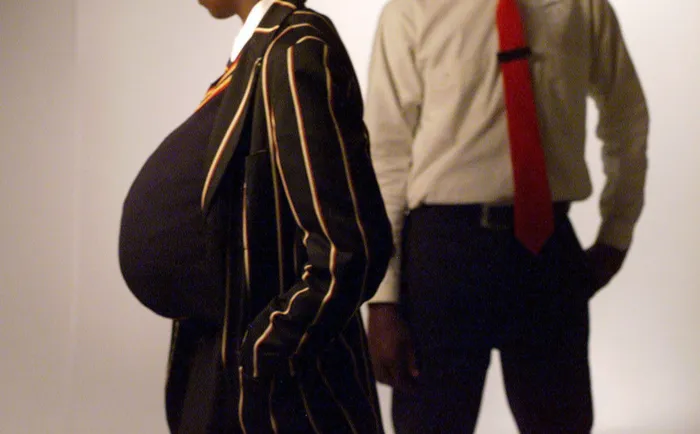Teenage pregnancy crisis in KwaZulu-Natal: Thousands of school dropouts

Concerns about teenage pregnancy
Image: Picture: Lebohang Mashiloane / Independent Media Archives
Teenage pregnancy in KwaZulu-Natal is pushing thousands of female learners out of the schooling system, plunging them into poverty and putting their future at risk.
The prevailing situation has shocked members of the KZN legislature after it was revealed that of the 25,000 pupils who fell pregnant between 2023 and 2024, only about 2,000 remained in the system.
DA member of the legislature Shontel De Boer highlighted her concerns during a recent meeting, discussing the sources of teenage pregnancy. They revealed that during the same period, 610 girls who fell pregnant were aged between 10 and 14 years.
The committee pointed out that pupils are being failed, emphasising that comprehensive sexual education only reaches about 61 of the province's 6,000 schools.
De Boer detailed the extent of the problems related to teenage pregnancy, pointing out that the situation is serious.
Between April 2023 and March 2024, 31,088 individuals aged 10 to 19 gave birth in KwaZulu-Natal, including 610 aged 10-14. Of the 25,209 pregnant learners recorded by the Department of Education, only 2,408 remained in school.
“Comprehensive sexual education reaches just 61 of the 6,020 schools. Pregnancy among minors under 16 often constitutes statutory rape, yet many cases go unreported and uninvestigated. Health and education must form a joint task team aimed at addressing pregnancies, expanding sexuality education, and providing learner support through mobile clinic outreach. Health staff must report underage pregnancies for further action,” De Boer said.
Ncamisile Nkwanyana, IFP MPL and Education spokesperson, said the situation of teenage pregnancies is getting progressively worse instead of better.
“We are seeing the future of our children disappearing right before our eyes. Many of our pupils struggle to return to school after falling pregnant, and the reasons for this could vary. This is something that needs to be urgently addressed.
“We are saying there should be a frank talk with our children, telling them everything as it is so that they have all the information necessary to make informed decisions. The Department of Health should also be involved in providing information to our learners,” she added.
“With all these issues, we are calling on all relevant government departments to come together. The Departments of Health, Social Development, Education, and Police must all work together to address some of the challenges we are seeing in schools,” she said.
Dr Sabelo Mthethwa of MKP said there is very little that society can do to stop teenage pregnancies, but that does not mean society must stop working to end this challenge and speaking out about it.
“While teenage pregnancy is difficult and has resulted in many challenges that are largely negative, we should not condemn young people who fall pregnant and make them feel like there is no hope after becoming pregnant. I would say about 75% of the impact of teenage pregnancy is negative, but there are young people who manage to turn this around and achieve huge successes in life.”
Related Topics: